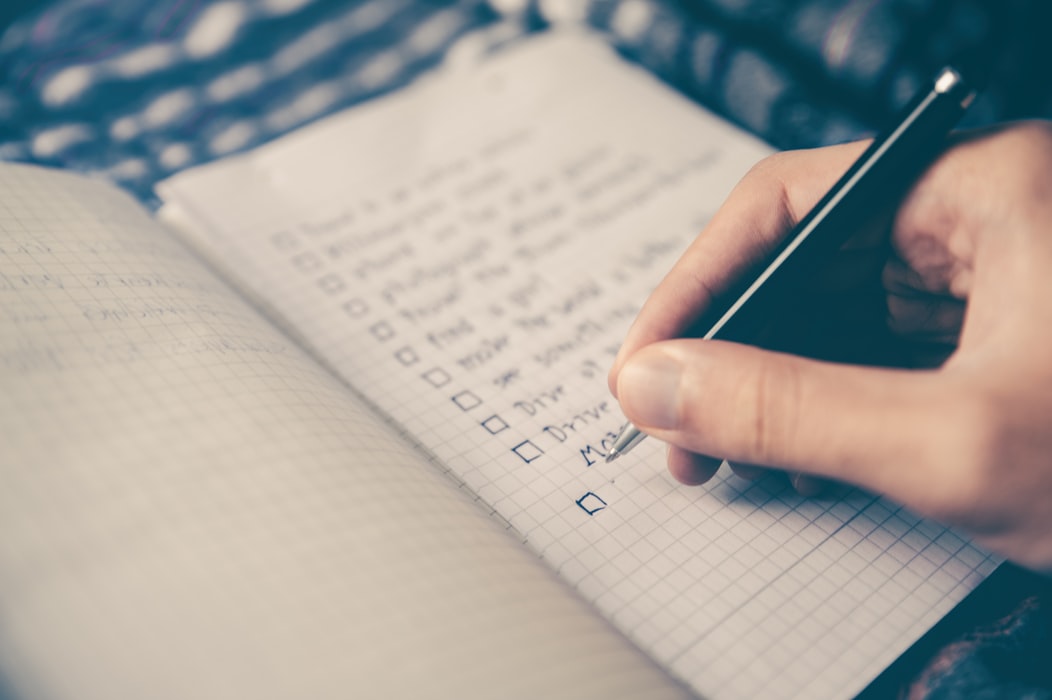Habits are powerful factors in our life. They are often unconscious, consistent, express our character and values. We can learn new habits and unlearn the old ones. Usually, we want to change bad habits such as drinking, smoking, unhealthy eating and learn positive ones such as a healthy lifestyle. Stephen Covey states that in order to make something a habit in our lives, we have to have knowledge, skill and desire. By knowledge, he means a theoretical paradigm, what to do and why. Skill is how to do. The desire is motivation, want to do.
WHAT ARE HABITS?
Habits are learned sequences of acts that have become automatic responses to specific cues and are functional in obtaining certain goals. There are four characteristics of habits: minimal awareness, efficiency, lack of control, intentions. Repetition is necessary for habits to develop. Habitual behaviours typically emerge from repeated actions in stable contexts. This repetition can reflect people’s attempts to achieve some goal or people’s unintentional reactions when they are unaware of what has been learned (Wood, 2002).
Repeated behaviour may turn into a habit and thus become a stronger trigger of future behaviour than attitudes and intentions.
HABIT FORMATION
There are three main key ingredients to form a habit. Firstly, cues remind to do the habit, behaviour. For example, a situational cue (see people doing the same); a locational cue (being in a certain area or environment can cause certain habits); emotional state cues (for example stress-related behaviours; some people eat unhealthy snacks when they stress). Secondly, we perform a response, some certain behaviour. And thirdly, we set a goal: (why we are doing) in the beginning and later not as effective.
HABITS AND GOALS
Habits and goals interact through habit formation, habit performance and inferences about the causes of behaviour. First, goals influence habit formation by initially motivating people to repeat actions and to expose themselves to performance contexts. Once habits form, context cues come to automatically activate the habit representation in memory.
Second, people act on the habit in mind as well as on their prevailing goals by tailoring their behaviour to the current circumstances.
External factors such as stress and distraction influence the impact of these two processes by reducing the motivation or ability to deliberately pursue goals and increasing reliance on habits (Wood & Rünger 2016).


Comments are closed